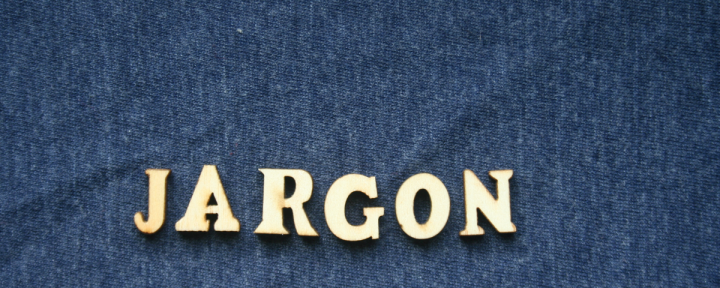When people talk about cars, especially the new ones, there are certain terms that they use. This is because there is a lot of jargon in the car world. People use so many terms that you can’t even dream of keeping up with all of them. So, it is important to learn the terms that are used.
Knowing More About Car Jargons and Its Meaning
Every car enthusiast owes it to themselves to understand the jargon of their choice. The language of cars is one of the most important aspects of the hobby, and as such, it is crucial to know what the various terms are and how they are used.
At work, you may hear a colleague refer to car “options” as “features” or “upgrades,” and you might even hear that one of the dealership’s “preferred” models has a “glorified airbag” which you’d have to pay extra for. But what exactly do those terms mean? And how can a car salesman talk so much about a “wheel-in-wheel” and a “radio-in-radio” and you’re left scratching your head and trying to figure out what they mean? Well, car jargon has a lot of esoteric meanings.
We gathered some of the most common terms and what they mean. Check out the following:
- Bondo: This comes from the Italian term for a type of plaster and refers to the type of paint used in a specific method of applying paint to a car’s body.
- Second: Refers to the second following date on the car’s mileage.
- Torque: Refers to a force applied to a rotating shaft. As you may already know, torque is applied to a car’s wheels when you turn the steering wheel left or right. The torque produced by the wheels being turned is called “steering torque” and is measured in pound-feet.
- Power-to-weight ratio: A power-to-weight ratio (P-WR) is the amount of power that a vehicle’s engine produces over a given weight, expressed as a percentage. It is an important factor in determining whether a particular vehicle can handle the road conditions that it will encounter. A higher P-WR will help a vehicle achieve better fuel economy and accelerate better on the highway. In comparison, a lower P-WR will help a vehicle achieve better fuel economy and accelerate better in the city.
- Third: Refers to the third following date on the car’s mileage.
- Heel-and-toe: Refers to the angle at which you place your car’s wheels when performing a turn.
- A dab of oppo: It’s an automotive term used to describe a small amount. It’s commonly used in the automotive business. It is also used to describe the modification of a car to make it easier to drive.
- Pre-purchase inspection: Also known as a “pre-buy.”. It’s a good idea to have a pre-purchase inspection done before you buy a car from a private seller. This way, you can have your car checked out by the appropriate technicians and know that it hasn’t been in any accidents or been involved in any major vehicle accidents.
- Turbo lag: This term is commonly used in the automotive repair industry to describe the performance degradation that occurs when you try to use your car’s turbocharger more than 16,000RPM, and it is most commonly seen in vehicle performance tuning circles that are trying to improve the performance of a turbocharged vehicle.
- Downtube: Refers to the section of the body between the wheel arch and the passenger compartment. It can also be used to refer to the part of a car, which is the section between the engine and the trunk.
- Redline: The term used to describe the engine’s top speed. While there are many theories about what this means, there is no exact meaning as to what is meant by the term. Some say it’s about a specific HP limit, others say it’s referring to the engine’s ability to rev to over 7,000 RPM or more, while others say it’s a reference to the car’s “redline speed.”
- A/C delete: Refers to deleting a car’s air conditioner to save on gas. It’s a common practice, even though it could cause a significant safety issue. Most people do it without knowing, and rarely do they have a valid reason.
- That’ll buff right out: It’s a phrase associated with the idea that the problem can be fixed with a quick, uneventful repair.
No matter where you are in the car purchasing process, you likely spend a lot of time on the phone, in the dealership, or on the internet researching the new car you want. Being familiar with car jargon can help you make the right choices for car financing, car inspections, and insurance.

